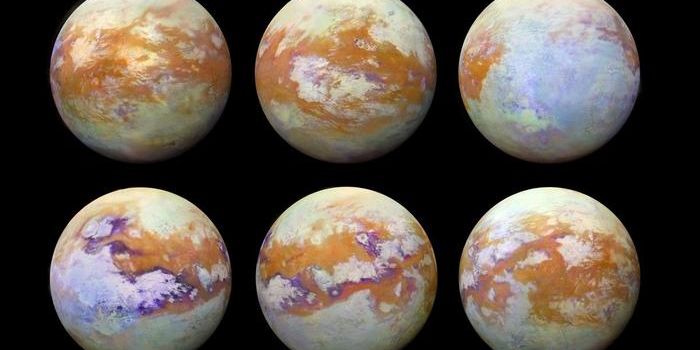As the Climate Changes, Snowpack is Rapidly Disappearing
Last year was one that smashed record temperatures in many parts of the world. Some scientists have become concerned that the pace of climate change could be increasing. Now we are starting to see the impacts of those changes. A new study has determined that around the world, many river basins that were once filled with snow on a regular basis are now less snowbound; their snowpack is getting smaller, and climate change is the cause. The findings have been reported in Nature.
The research examined snowfall at 169 river basins in the northern hemisphere since 1981, and showed that snowpack in the Northern Hemisphere appears to have a temperature threshold of 17.6º Fahrenheit (-8º Celsius). When the average winter temperature is below that threshold, the snowpack can last the season. But when the average temperature is above that, snowpack tends to melt, and this seems to be happening in many places. Our of the 169 basins analyzed, four decades of data revealed a significant downward trend in 70 of river basins, no trend in 87 basins and an increasing trend in only twelve basins.
"You're potentially in this regime of just really rapid and accelerating losses with warming," noted lead author Alexander Gottlieb, an Earth systems scientist at Dartmouth College.
Research on snow has tended to focus on whether or not the ground in some particular place is covered with snow. But this research assessed snowpack, which includes data on snow amounts and depths. Snowpack tends to peak in March in the Northern Hemisphere, and as it melts, it supplies billions of people around the world with drinking and irrigation water. But when the melts come earlier and faster, it can cause serious flooding and other problems.
When the researchers focused on 23 snowpacks that were getting smaller, they found that climate change was contributing to the melt. In Siberia, there were eight basins in which precipitation was increasing, which also increased snowpack; it was frigid enough in that famously cold environment that the snow lasted through the season. But snowpacks in Europe and North America are getting smaller.
The Colorado River basin is one area where the temperature seems to be cold enough to preserve snow, with an average winter temperature of about 23ºF (-5ºC). However, losses are already starting to become apparent, noted Gottlieb. "We see this really clear picture of anthropogenic forest snow loss over the last 40 years or so."
Although some remote regions in the Northern Hemisphere average less than 17.6ºF in winter, population levels are very low in those places. Over 2 billion people reside in areas where the average winter temperature ranges from 17.6 to 32ºF (-8 to 0ºC).
The winter sport industry may soon start to suffer serious losses if there is no natural snow for skiers or snowboarders to enjoy. Some corporations will have to turn to artificial snow. After a massive amount of snow fell in California fell last year, ending a lengthy drought in the state, the entire Western region of the US is once again unusually dry for this point in the winter. That may change, of course, since several more months remain in the season. Precipitation is also falling, but has often been rain and not snow. Aspen Ski Company is encouraging ski resorts to not just make their businesses engage in more sustainable practices, but also to actively advocate for policy changes that combat climate change.
Clearly, urgent action is needed to stem the impacts of climate change. Right now, there is an ongoing debate about the tactics that climate activists are taking, whether they are acceptable or effective, if they are comparable to other historic struggles for systemic change, and whether scientific professionals should suffer any consequences for their activism. Regardless of one's opinion about climate activism, scientists do agree that the climate is rapidly changing in frightening ways, and urgent action is needed to reduce greenhouse gas emissions. There is also evidence that if we reduce emissions immediately, the climate will also quickly follow suit, and stop warming.
Sources: Phys.org via The Associated Press, Nature









